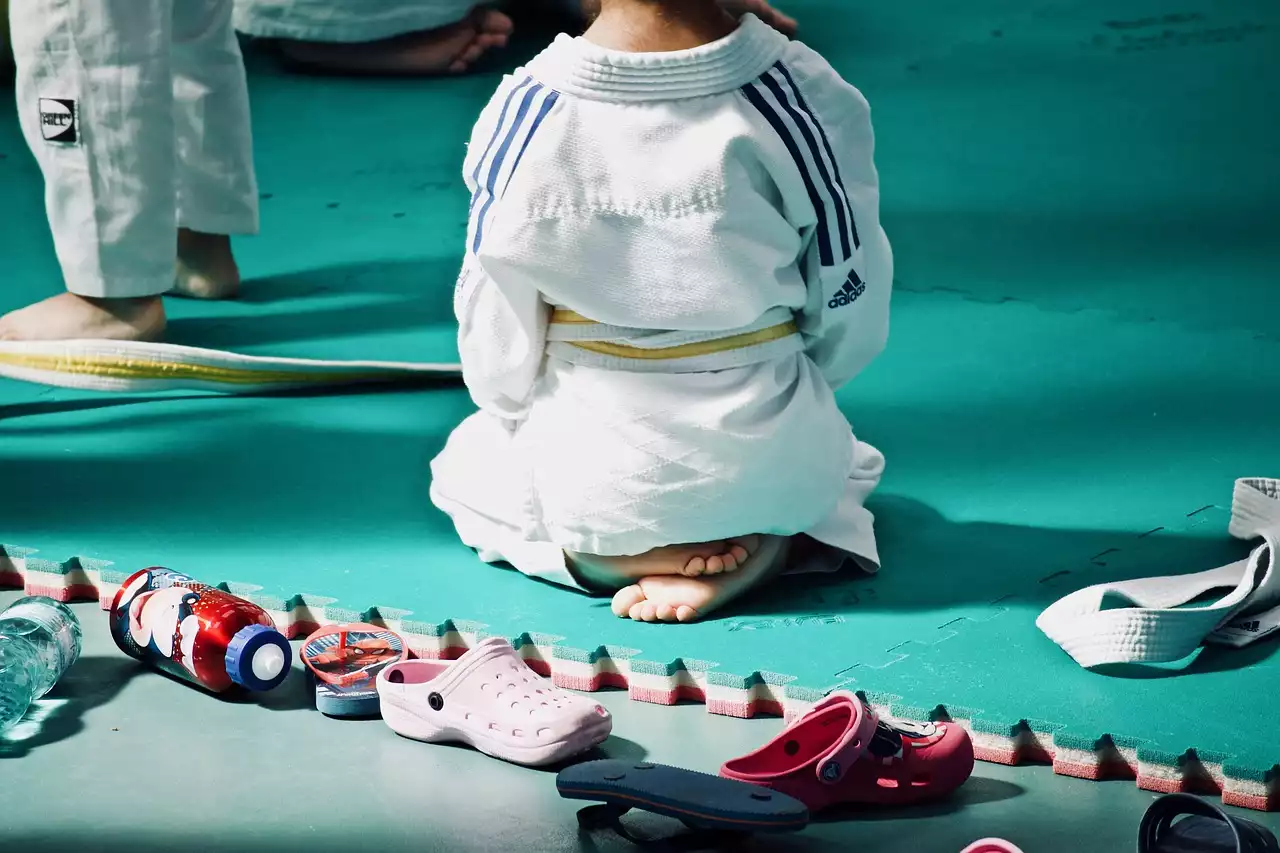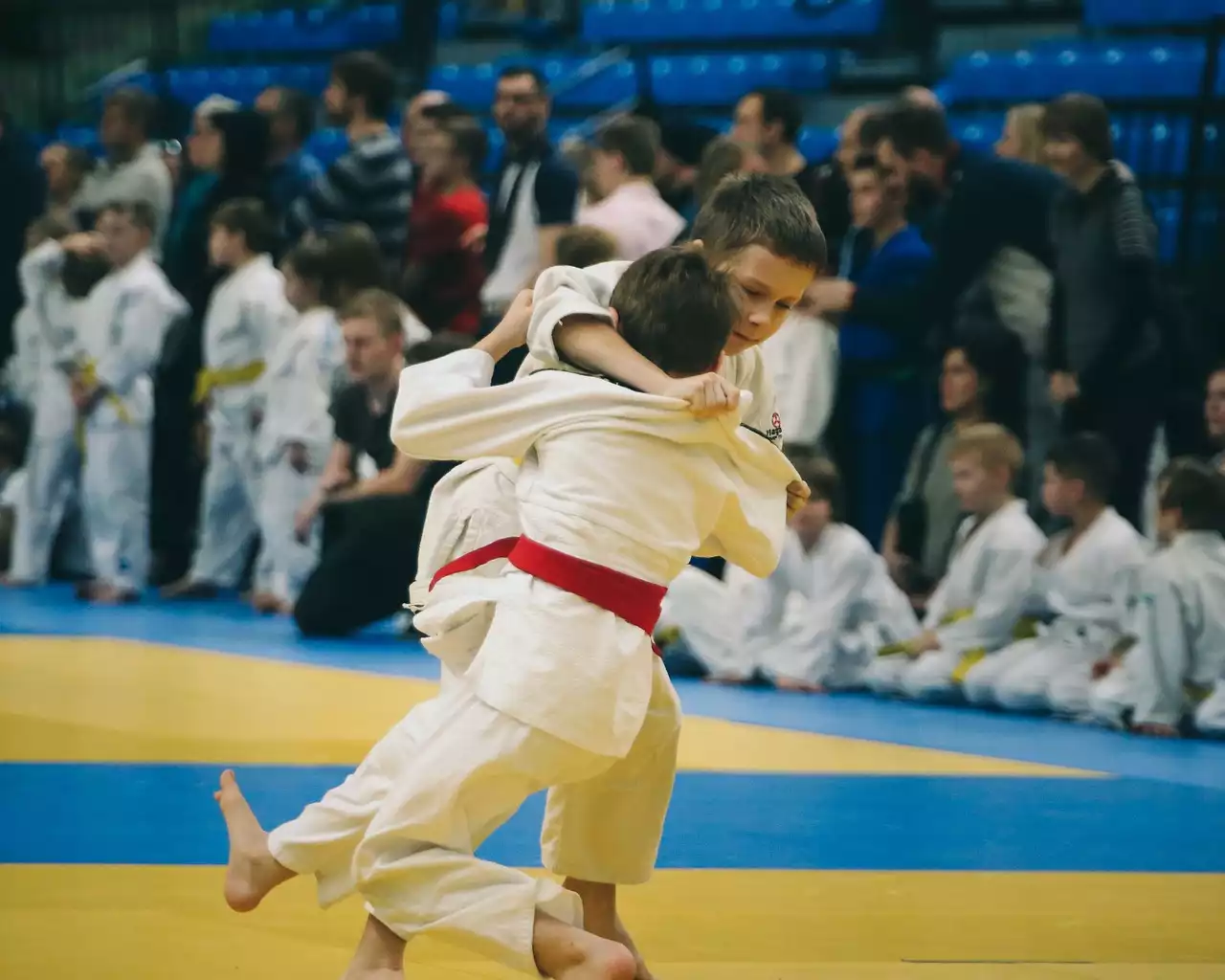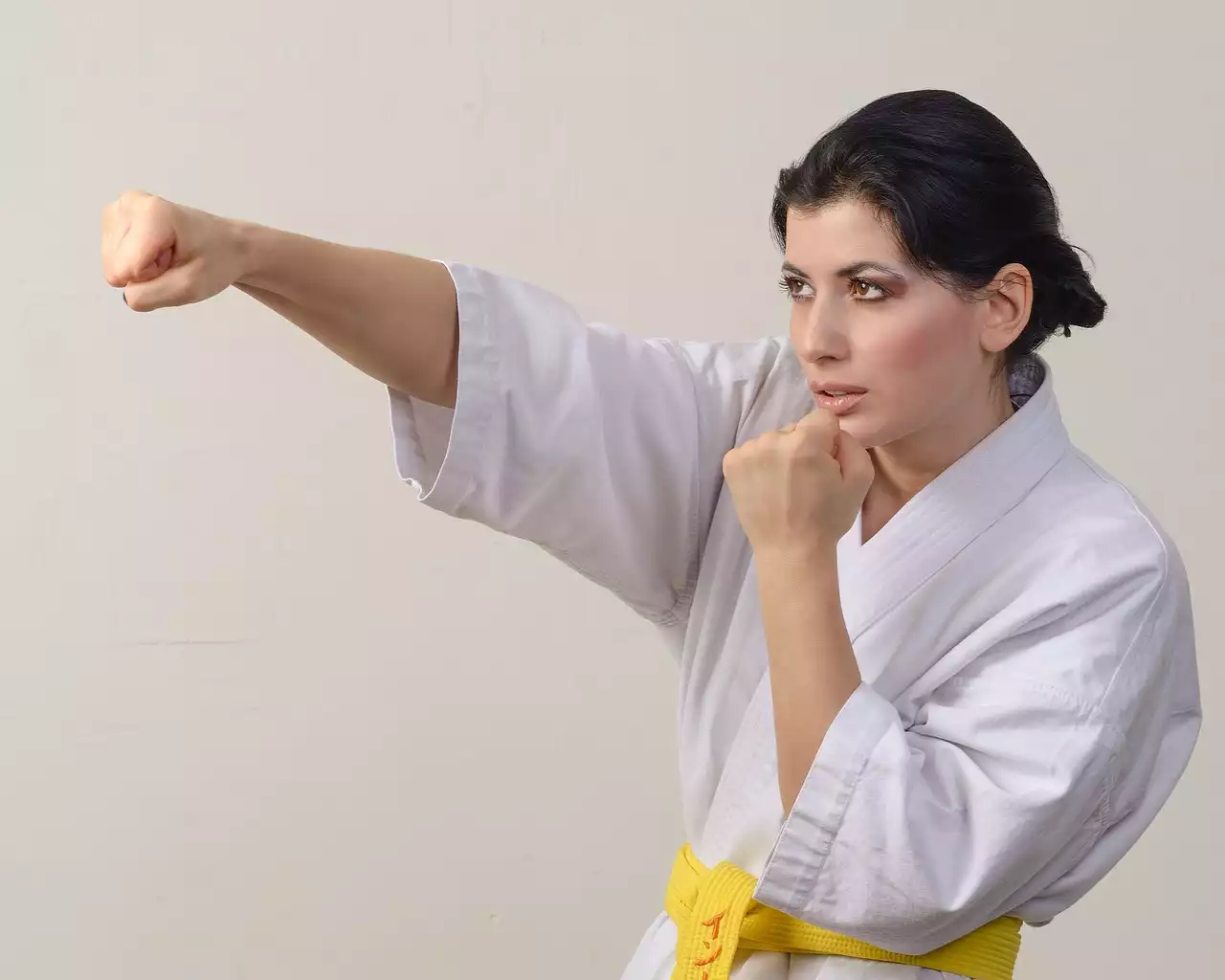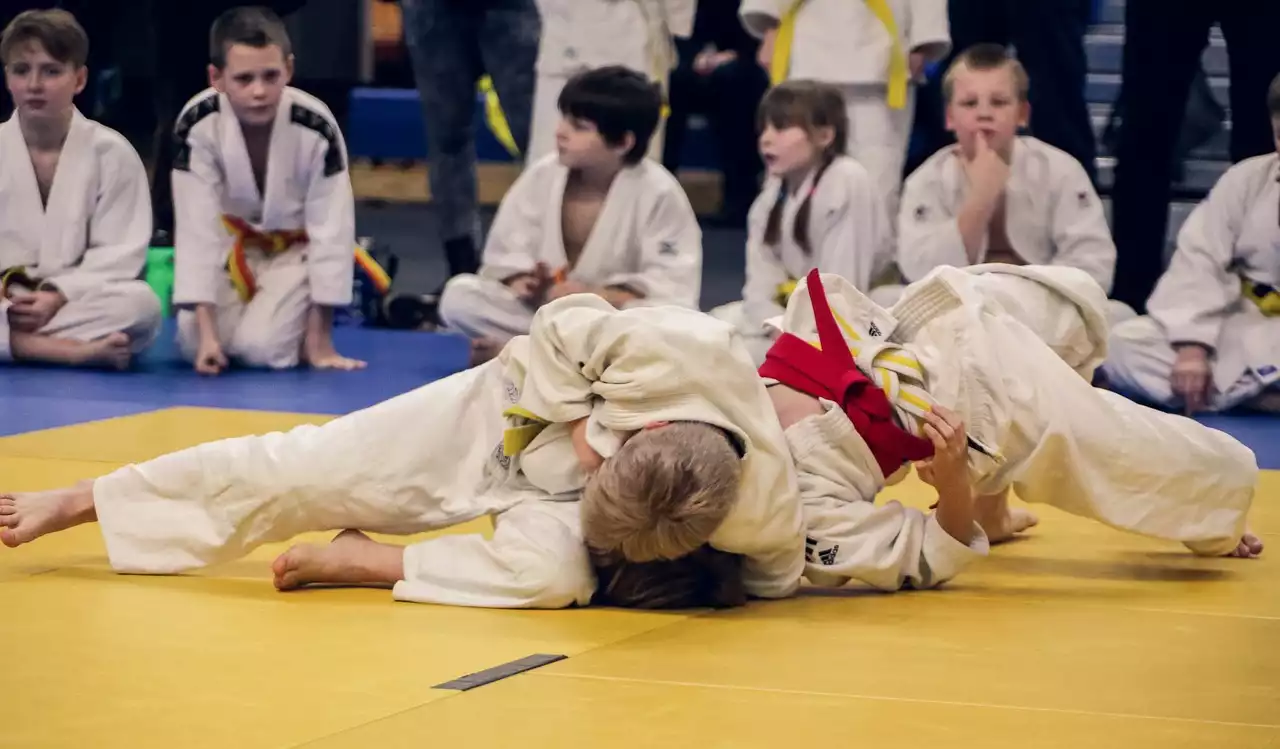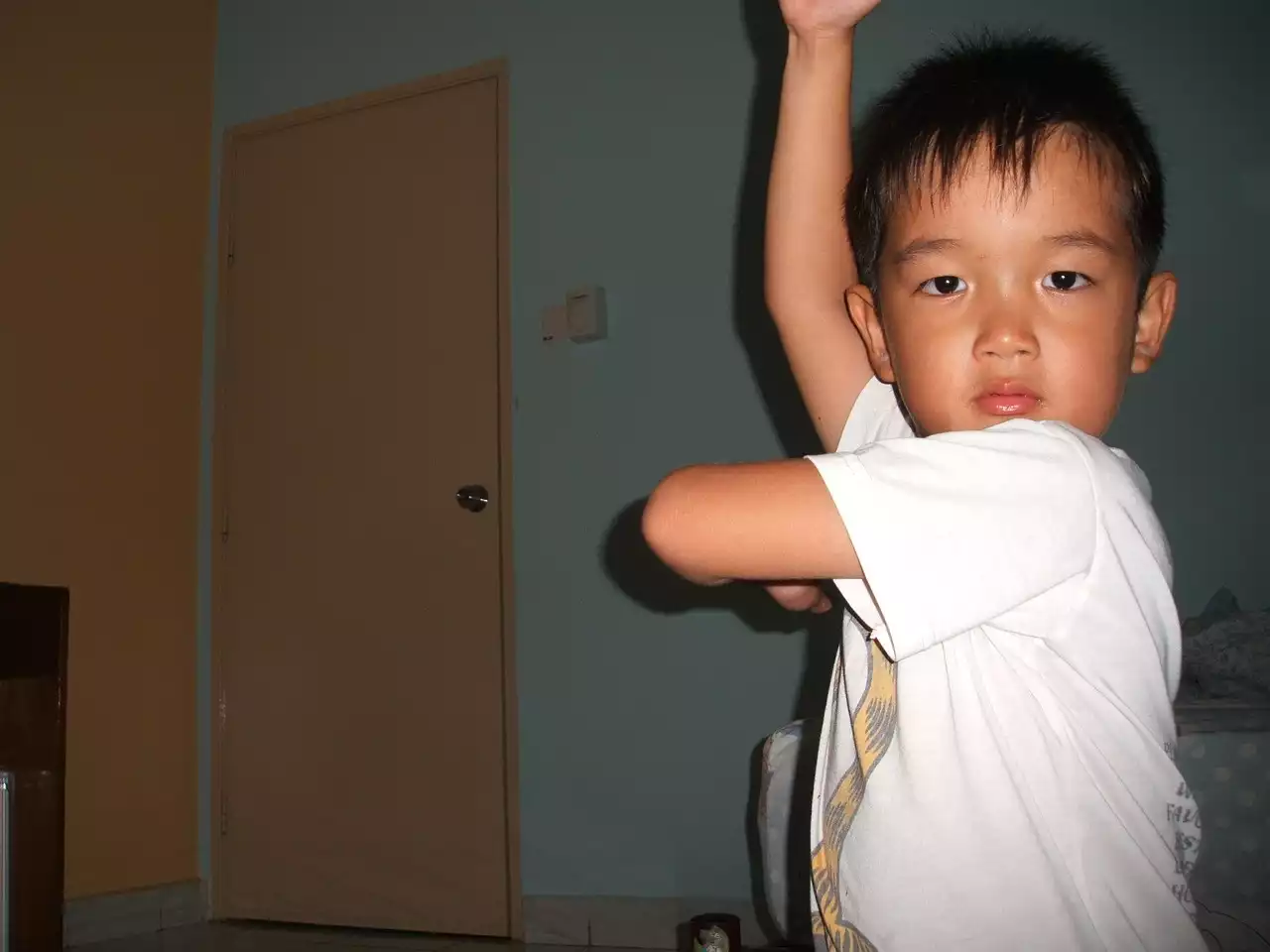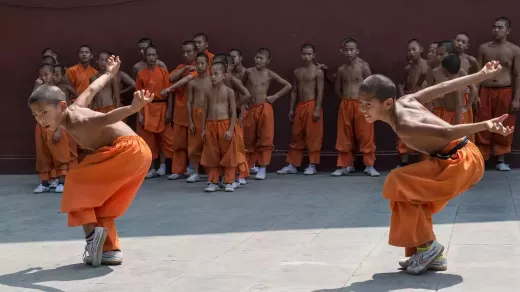Overview of Judo for Kids
Judo is a martial art that is based on the principles of using an opponent's strength against them. It involves throws, pins, and joint locks, and is known for its emphasis on discipline and respect. While Judo is often associated with high-level competition, it can also be an excellent activity for kids who are looking to get active and develop important physical and mental skills.
One of the great things about Judo is that it is a highly inclusive sport, with options available for children of all ages and abilities. Whether your child is a beginner or has some experience in martial arts, there is likely a Judo program that will be a good fit for them.
Judo is also a sport that places a strong emphasis on safety, with strict rules in place to ensure that participants are not put in danger. This can give parents peace of mind knowing that their child is engaging in a sport that is both fun and safe.
Physical Benefits of Judo
Judo is a highly physical sport that can provide a range of benefits for children. The sport involves a lot of movement and uses a variety of muscle groups, which can help to improve overall physical fitness and coordination. Here are some of the key physical benefits of Judo for kids:
1. Improved Strength and Endurance
Judo requires a lot of physical strength and endurance, as participants need to be able to execute throws and pins with precision and force. Over time, regular Judo practice can lead to improved strength and endurance, which can have a range of benefits for children both on and off the mat.
2. Increased Flexibility
Judo involves a lot of stretching and movement, which can help to improve overall flexibility. This can be especially beneficial for children who may be prone to stiffness or muscle tightness.
3. Enhanced Balance and Coordination
Judo requires a lot of balance and coordination, as participants need to be able to execute throws and pins with precision and control. Regular Judo practice can help to improve these skills, which can be beneficial for children both on and off the mat.
Mental Benefits of Judo
In addition to the physical benefits, Judo can also provide a range of mental and emotional benefits for children. The sport places a strong emphasis on discipline, respect, and self-control, which can help children to develop important life skills. Here are some of the key mental benefits of Judo for kids:
1. Improved Discipline and Focus
Judo requires a great deal of discipline and focus, as participants need to be able to follow rules and execute techniques with precision. Regular Judo practice can help children to develop these skills, which can be beneficial for academic and personal success.
2. Boosted Self-Confidence
Judo can be a challenging sport, but the sense of accomplishment that comes with mastering new techniques and winning matches can be a huge confidence booster for children. Over time, regular Judo practice can help children to develop a strong sense of self-confidence and self-esteem.
3. Increased Self-Control and Respect
Judo places a strong emphasis on respect and self-control, both toward oneself and others. The sport teaches children to respect their opponents and to control their own emotions, which can be beneficial for personal and social development.
Judo Training for Kids
Judo training for kids can vary depending on the program and the child's age and experience level. However, some common elements are typically included in Judo training for kids. Here are some of the things that children can expect to learn during Judo training:
1. Throws and Pins
Throws and pins are the core techniques of Judo, and children will spend a lot of time learning and practicing these techniques. Throws involve using an opponent's momentum to throw them to the ground, while pins involve holding an opponent down on the ground.
2. Falling Techniques
Because Judo involves a lot of throws and takedowns, learning how to fall safely is a key part of Judo's training. Children will learn how to fall without injuring themselves, which can be beneficial for other sports and activities as well.
3. Discipline and Respect
Judo places a strong emphasis on discipline and respect, and children will be expected to follow rules and show respect towards their instructors and fellow participants. This can help children to develop important social and personal skills.
How Judo Can Help with Discipline and Respect
One of the key benefits of Judo for kids is its emphasis on discipline and respect. Judo teaches children to follow rules, show respect toward others, and control their own emotions. These skills can be beneficial both on and off the mat, helping children to develop important life skills that will serve them well throughout their lives.
Judo can also be a great way to help children who may struggle with discipline and respect. The structured environment of Judo training can provide a sense of stability and routine, which can be beneficial for children who may have difficulty with these skills in other areas of their lives.
How Judo Can Boost Self-Confidence
Another important benefit of Judo for kids is its ability to boost self-confidence. Judo can be a challenging sport, but the sense of accomplishment that comes with mastering new techniques and winning matches can be a huge confidence booster for children.
Over time, regular Judo practice can help children to develop a strong sense of self-confidence and self-esteem. This can be especially beneficial for children who may struggle with confidence in other areas of their lives.
Judo Competitions for Kids
While Judo competitions may not be appropriate for all children, they can be a great way to help kids develop important skills and gain experience in a competitive setting. Judo competitions for kids are typically structured in a way that emphasizes safety and fairness, and children are often grouped by age and skill level.
Competing in Judo can help children to develop important skills such as sportsmanship, resilience, and teamwork. It can also be a fun and rewarding way to showcase their skills and see how they measure up against other participants.
Choosing the Right Judo School for Your Child
If you're considering signing your child up for Judo, it's important to choose the right school or program. Here are some things to consider when selecting a Judo school for your child:
1. Instructor Qualifications
Make sure that the Judo instructors at the school are qualified and experienced. Look for instructors who have a strong track record of working with children and who are knowledgeable about Judo techniques and safety.
2. Safety Protocols
Judo can be a safe sport when practiced correctly, but it's important to make sure that the school has appropriate safety protocols in place. Look for a school that places a strong emphasis on safety and that has clear rules and guidelines for practice and competition.
3. Class Structure
Consider the structure of the Judo classes offered by the school. Look for a program that is age-appropriate and that offers a good balance of technical training and physical activity. It's also important to consider the schedule and location of the classes and whether they are convenient for your family.
